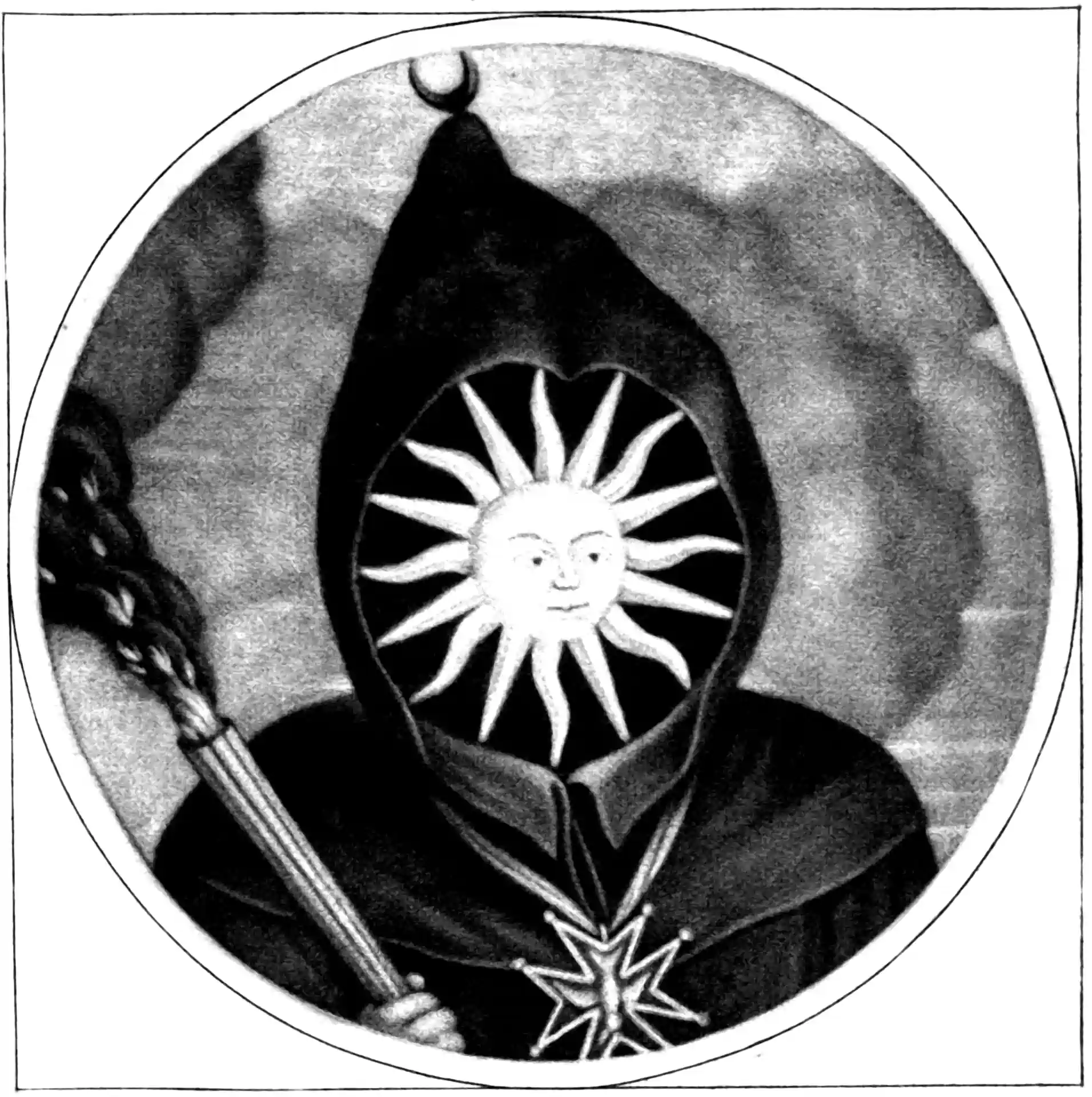Hidden variable formalisms in quantum mechanics
November 27, 2015 — November 27, 2015
Suspiciously similar content
Loosely speaking, we can have quantum mechanics without randomness, driven by deterministic hidden values, but then it has to be non-local. This is apparently Bell’s theorem.
The most famous version is the De Broglie-Bohm formulation/pilot-wave theory.
I’m reading about this because actually I’m thinking about the non-quantum case; what difference does it make to assume that there is a deterministic variable underlying your apparently random one?
In the classical case, no difference AFAICT. But when your wave function evolves according to the Schrödinger equation and then collapses, it gets stranger with this whole non-locality thing.
Scott Aaronson points out some fun edge cases:
It follows that, if we want it to agree with quantum mechanics, then any hidden-variable theory has to allow “instantaneous communication” between any two points in the universe. Once again, this doesn’t mean that quantum mechanics itself allows instantaneous communication (it doesn’t), or that we can exploit hidden variables to send messages faster than light (we can’t). It only means that, if we choose to describe quantum mechanics using hidden variables, then our description will have to involve instantaneous communication.
But here’s the amazing thing: even in the teeth of four different no-go theorems, one can still construct interesting and mathematically nontrivial hidden-variable theories. […]
On Bohmian mechanics:
the amazing thing about this theory is that it’s deterministic: specify the “actual” positions of all the particles in the universe at any one time, and you’ve specified their “actual” positions at all earlier and later times. So if you like, you can imagine that at the moment of the Big Bang, God sprinkled particles across the universe according to the usual \(|\psi|^2\) distribution; but after that He smashed His dice, and let the particles evolve deterministically forever after. And that assumption will lead you to exactly the same experimental predictions as the usual picture of quantum mechanics, the one where God’s throwing dice up the wazoo.
The catch, from my point of view, is that this sort of determinism can only work in an infinite-dimensional Hilbert space, like the space of particle positions. […] if our universe is discrete at the Planck scale, then it can’t also be deterministic in the Bohmian sense.
